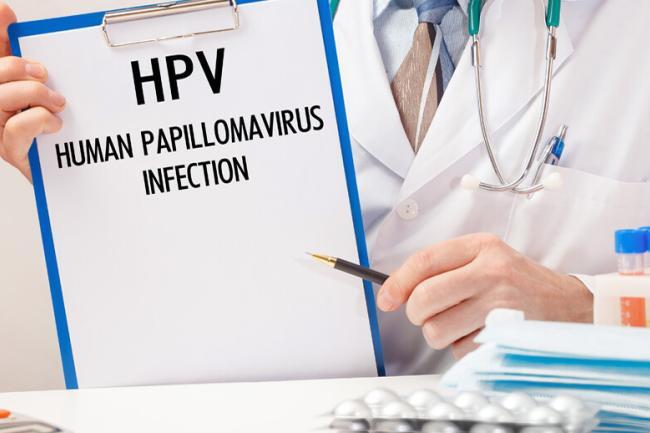Chlamydia is a common sexually transmitted disease (STD) that can infect both men and women. It is spread through vaginal, oral, or anal sex with someone who has chlamydia. Chlamydia can also be spread from a pregnant mother to her baby through childbirth.
If left untreated, chlamydia can permanently damage a woman’s reproductive system, making it difficult or impossible for them to become pregnant. Additionally, chlamydia may cause an ectopic pregnancy, which is a potentially fatal pregnancy that appears outside the womb.
Because of these risk factors, it is important for anyone who is sexually active, especially those with multiple partners, to be aware of the risk of chlamydia and undergo annual screenings.
Symptoms of Chlamydia
Chlamydia often has no symptoms, which can make it hard to detect. Even without symptoms, though, chlamydia can still cause damage to a woman’s reproductive symptoms.
Women with symptoms may notice abnormal vaginal discharge or a burning sensation when peeing.
Men with chlamydia may have symptoms such as:
- A burning sensation when peeing
- A discharge from their penis
- Pain and swelling in one or both testicles
Chlamydia can also infect someone’s rectum through anal sex or when spread from another infected site (such as the vagina). Again, chlamydia infections in the rectum often cause no symptoms, but if there are any symptoms, they may include discharge, rectal pain, and bleeding.
How to Treat Chlamydia
Laboratory tests are used to diagnose chlamydia, and you may need to provide a urine or vaginal sample (obtained using a cotton swab).
Once diagnosed, chlamydia is highly curable through medication. However, it is essential to take all the prescribed medication to cure the infection. Additionally, taking the medicine properly decreases the likelihood of problems later.
While medicine can stop the infection, it cannot undo the damage already caused by the disease. Because of this, early diagnosis and treatment are essential to prevent lasting damage.
It’s common to receive a repeat infection of chlamydia, even after treatment. Therefore, it’s recommended to be tested for chlamydia again three months after treatment to monitor for a repeat infection.
What Happens If Chlamydia Is Untreated?
If left untreated, chlamydia can cause some serious health problems, especially in women.
Untreated cases of chlamydia in women can result in pelvic inflammatory disease (PID), which can cause the formation of scar tissue that blocks the fallopian tubes, potentially causing infertility. Additionally, those with PID are at a greater risk of ectopic pregnancy and may also experience long-term pelvic/abdominal pain.
Women typically see the greatest damage from untreated chlamydia, but some men may develop a fever and pain in the tubes attached to the testicles. In some rare cases, this can lead to infertility.
Protect Yourself from Chlamydia
If you are sexually active, it is recommended to be tested for chlamydia annually to ensure that, if you do have a chlamydia infection, you can receive treatment before any lasting damage is done.
At DNA Health & Wellness Dubai, you can schedule a discreet and convenient STD screening test. To test for most STDs and STIs, including chlamydia, HIV, syphilis, Herpes, and many more, we recommend the 24 Pathogen Complete Test. This test offers complete peace of mind regarding your health and our STD clinic gets your results back to you the next day.













